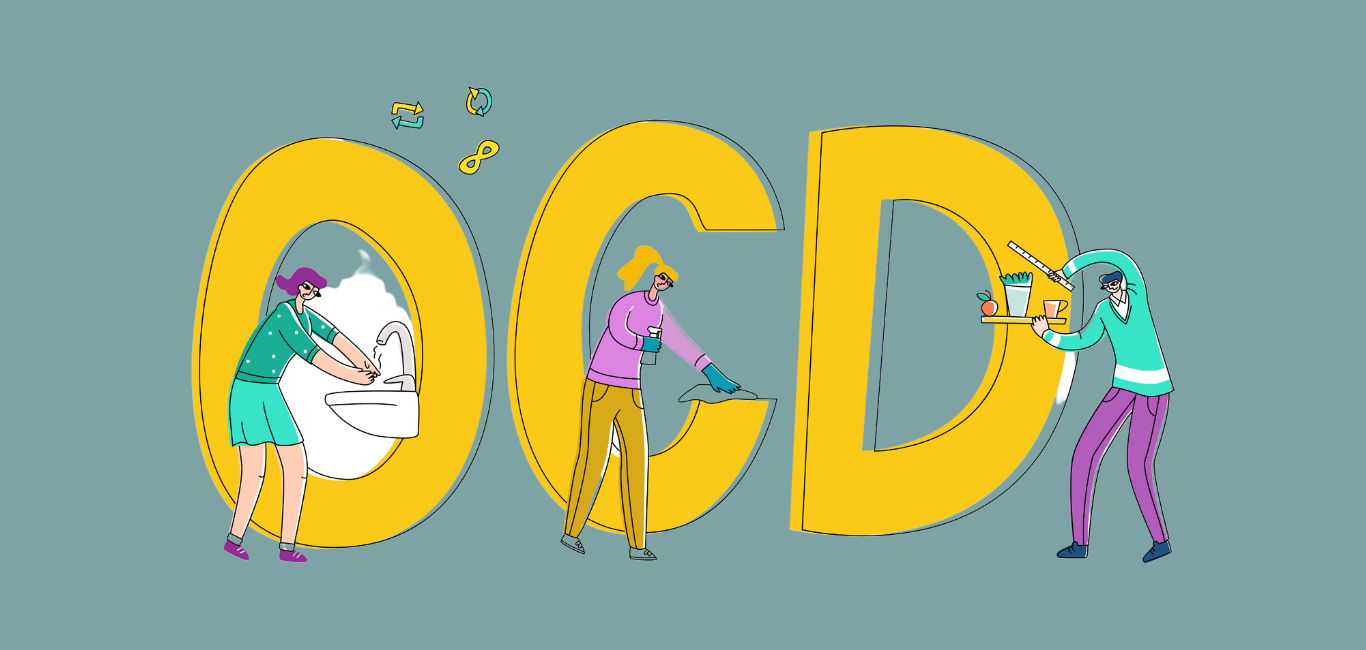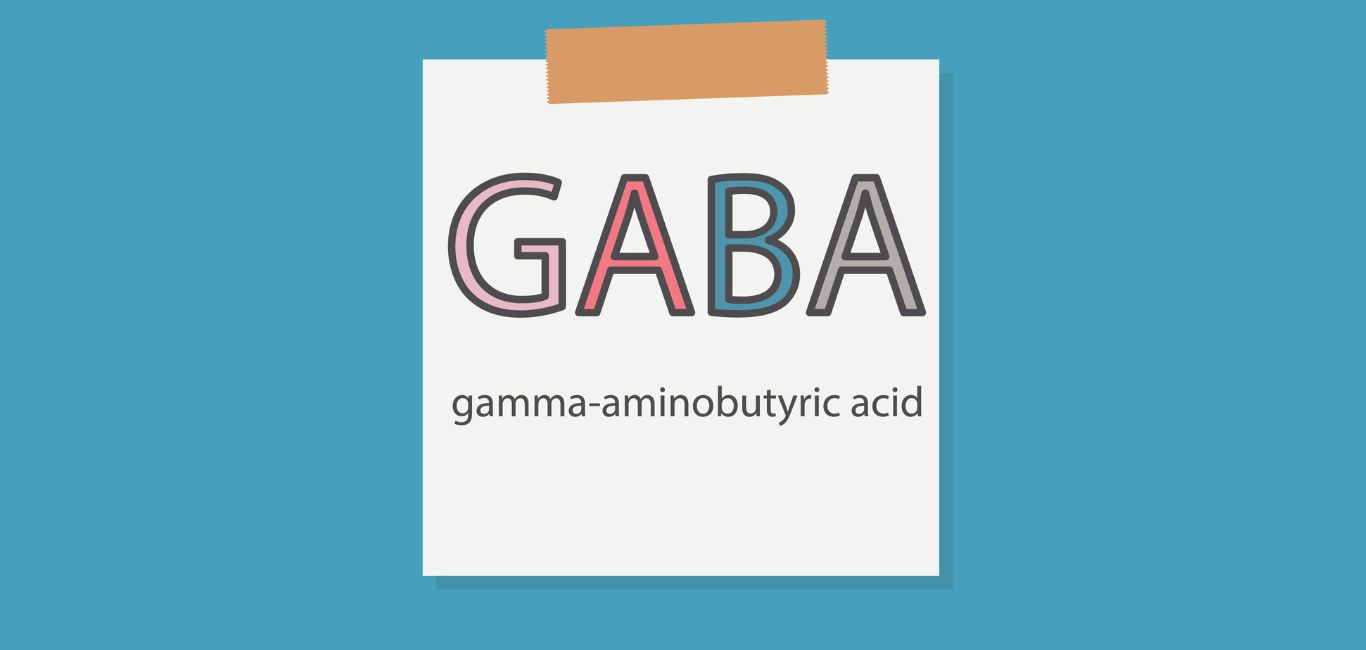
A new study from the University of Cambridge, UK, has found that the root of obsessive compulsive disorder (OCD) lies in the imbalance of two chemicals in the frontal lobes of the brain.
The chemicals are glutamate and GABA that are responsible for communication among neurons.
The study published in Nature Communications on 27 June looks at how the levels of these two chemicals could influence the persistent actions or the compulsive behaviour patterns often seen in people having OCD. They hope that understanding this chemical conundrum could pave the way for a possible therapeutic target.
Trevor W Robbins, professor of cognitive neuroscience at the Department of Psychology, University of Cambridge, tells Happiest Health, “Enormous steps have been made quite recently into understanding the neurobiology of OCD.” These range from examining the brain regions in animal models to understanding the genetic origins of OCD, he says.
However, “Understanding the neurochemistry of OCD is an important step [in] developing new medications,” says Prof Robbins.
Read more: OCD: clues hidden in the brain’s support cells
Role of the two chemicals
Glutamate is an excitatory neurotransmitter that kickstarts the electrical impulse so that neurons can relay signals to various parts of the brain.
Whereas GABA or gamma-amino butyrate acid inhibits the activity between neurons. Typically, the two neurotransmitters work in a push-pull mechanism to control the signalling between neurons. When the scale tips either way, it could result in neurological and psychiatric conditions.
Read more: The fascinating symphony of neurotransmitters
In the current study, researchers analysed the GABA and glutamate levels in two specific brain regions – the anterior cingulate cortex and the supplementary motor area. “They are both involved in the production of actions,” says Prof Robbins.
He explains that the anterior cingulate cortex monitors the relationship between decisions made based on a choice and resultant actions. The other region, the supplementary motor area, is involved in coordinating motor actions like habits.
From action to overactivity
The researchers used advanced screening techniques such as proton magnetic resonance spectroscopy to analyse the brain regions of 31 people with OCD and 30 without the condition. They also used questionnaires to understand their habits and associated patterns.
They found that the glutamate levels were high in the anterior cingulate cortex and the supplementary motor region in people with OCD. Glutamate levels were also mildly elevated in people with repetitive habits but not OCD.
The researchers conjecture that this disparity in the glutamate and GABA levels disrupts neuron circuitry that governs habits and actions; this in turn manifests as repetitive, compulsive patterns of OCD.
The next frontier
Prof Robbins believes that balancing GABA and glutamate levels in these regions of the brain could be a potential therapeutic strategy for OCD. “This may offer some solace to the person with OCD as research is taking an interest in alleviating this severe and disabling disorder,” he says.
To further understand this disorder, Prof Robbins and his team want to explore whether neurochemical changes occur in adolescents with OCD. He says with excitement, “We are also researching the possibility of employing drugs that regulate glutamate [such as mGluR2 agonists] for reducing the symptoms of OCD.”

















